
Marieta Severo da Costa (Rio de Janeiro, November 2, 1946) is a Brazilian actress, screenwriter and theater producer, known for the various works she performs in cinema, television and theater. Marieta is one of the most awarded actresses in the country, among her recognitions include four APCA statuettes, three Guarani Awards, a Kikito, two Shell Awards and two Molières, in addition to receiving ...
Explore all movies appearances

Based on a true story, the film follows Clara, a math teacher who finds success online as an educational influencer. Good-natured, sarcastic, and sometimes mocking, she likes to keep everything under control—however, she must navigate vulnerability when she discovers she has breast cancer. With courage and resilience, Clara faces both bad days and better ones alongside her teenage daughter, mother, and loyal friends. On this journey of healing, she has the chance to celebrate life and redefine her relationships.

After moving with her mother into her grandmother’s house, Amanda survives a violent robbery that leaves a scar on her face. Ridiculed for her appearance, she finds both her home and neighborhood turning against her. When she finally decides to face her wound, she and her family embark on a journey of healing and emotional growth, confronting the pain that has marked them inside and out.
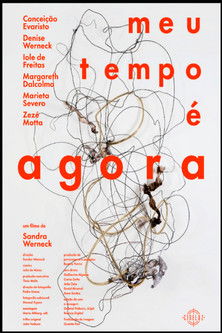
Filmmaker Sandra Werneck interviews remarkable women such as Marieta Severo, Zezé Motta, Margareth Dalcolmo, Conceição Evaristo, Denise Werneck, and Iole de Freitas for a journey of shared experiences that challenge stereotypes of female aging. From work to love life, from health to sexuality, these women share their stories, reflections, and life lessons, offering inspiration and raising questions about what truly matters when one reaches maturity, while also highlighting the hardships and misfortunes of aging.
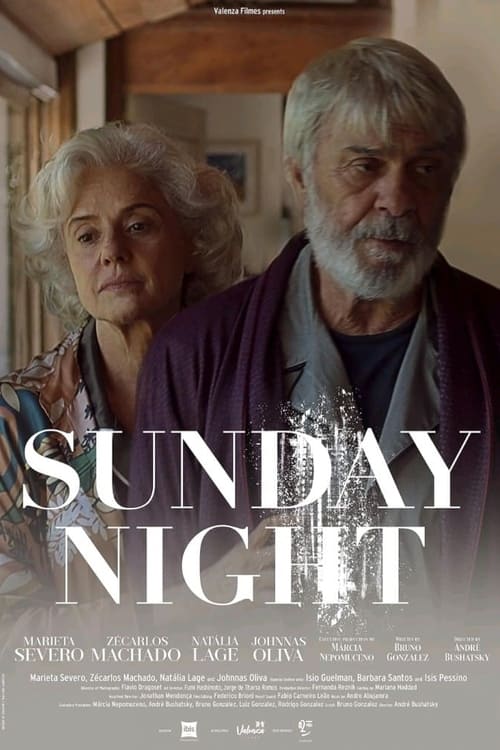
The life of Margot, one of Brazil's greatest actresses, married to Antônio, an award-winning writer and with advanced Alzheimer's, changes completely when she discovers that she also has Alzheimer's. She will need to race against time if she wants to finish one last job, reconnect with her children and maintain the independence to die in peace.

Documentary-poetic record of the birth of the persona Heloísa Teixeira, conducted through the lens of an 85-year-old woman who remains in tune, promoting and revealing a diverse Brazil.
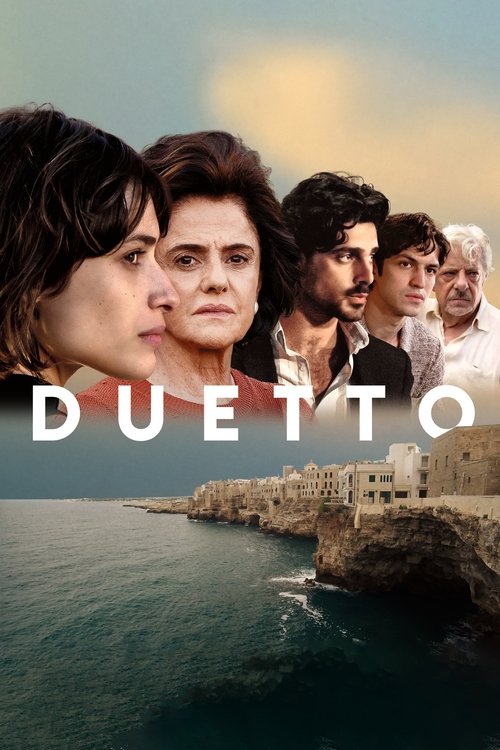
Duetto takes place in 1965 and tells the story of 18-year-old Cora, a Brazilian from an Italian family who, after losing her dad in a tragic car accident, goes with her grandmother Lucia to Puglia, Italy, where her ancestral homestead still stands. Lucia, aiming to sell an old family land lot, reencounters her sister Sofia and her husband Gino, whom she hasn't spoken to in 40 years.
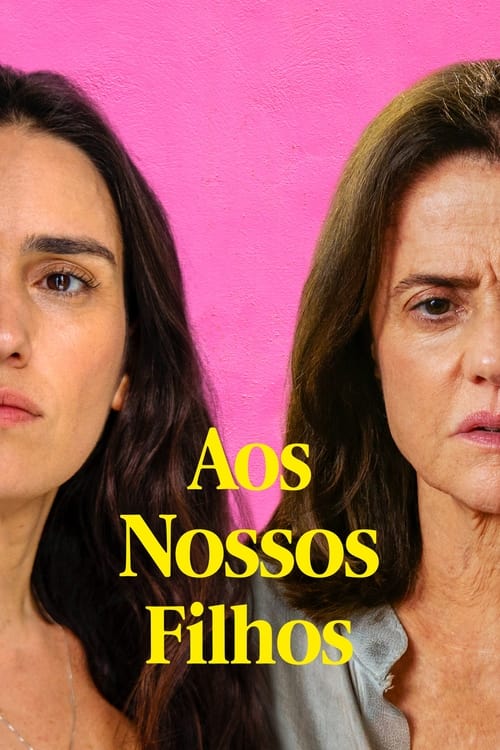
Vera, who fought in the armed left-wing movements against the Brazilian military dictatorship, has lived in multiple South American countries. Her daughter Tânica has been married to another woman for fifteen years, and they're about to have their first child.

Despite her position at the epicentre of the Brazilian bossa nova scene, singer Heloísa Maria Buarque de Hollanda, known as Miúcha, has been largely underappreciated. This documentary, which dives into her career and personal life through a rich collection of archives, aims to change that.
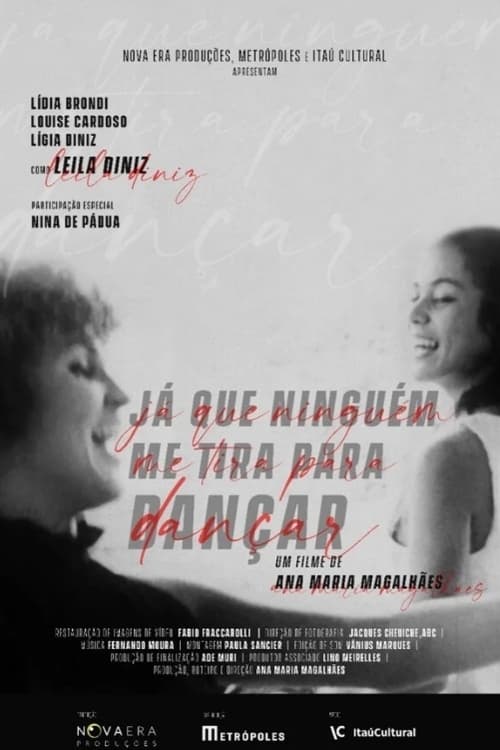
Conducted from interviews with personalities who lived with Leila Diniz (1945-1972), the documentary is a record of an era and, above all, it rescues the participation in Brazilian culture of the actress who opened the way for the sexual revolution during the dark years of the dictatorship.
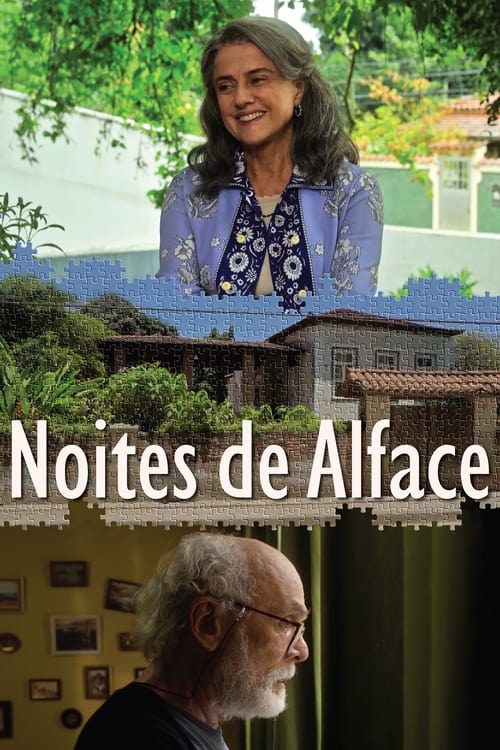
After the death of his wife, Otto starts having trouble to sleep without his natural medicine: a lettuce tea she made every night.
Subscribe for exclusive insights on movies, TV shows, and games! Get top picks, fascinating facts, in-depth analysis, and more delivered straight to your inbox.